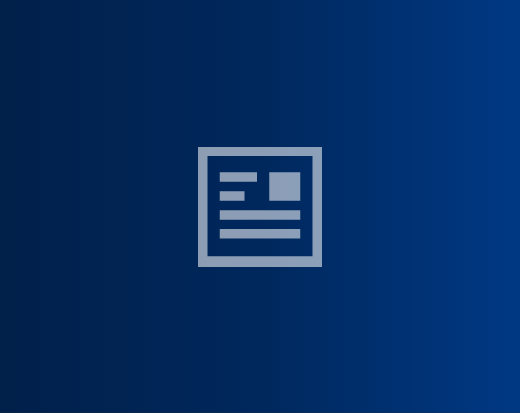Maphlix Trust Ghana (MTG) Limited has begun a search for strategic investors to help establish a $6million factory in the Ketu North District in the…
PartnerInGhana
Hashtag









